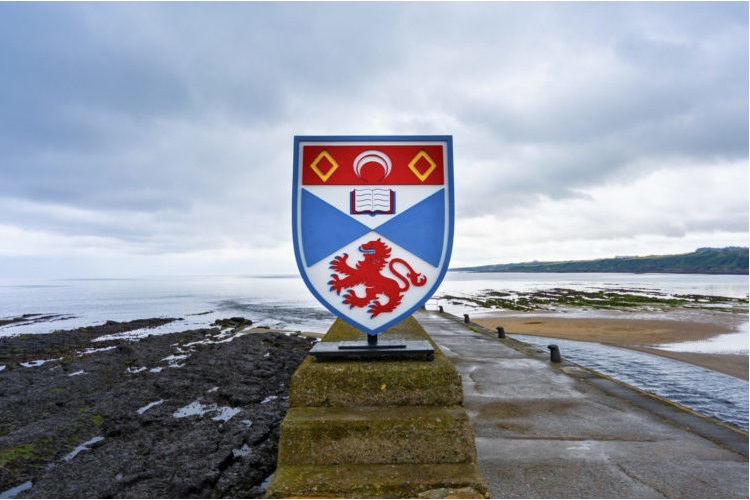Measles in St Andrews

In an email to all staff and students this week (Friday 26 January), University of St Andrews Vice-Principal (Education), Professor Clare Peddie, said:
Dear Students and Colleagues,
I am writing to make you aware that one of our students in St Andrews has been diagnosed with measles.
This message is to provide advice and information to any of you who may be concerned by this news, or have questions about how it affects you.
The student affected is isolating at home in a private flat in St Andrews, and is not seriously ill. They are receiving all appropriate care and support. Close contacts have been informed, and steps are being taken to provide isolation support if required.
The student did not attend any classes in the period in which they will have been infectious.
You may be aware that measles has been in the news recently around concerns over an increasing number of cases in England, and that there are nationwide efforts to encourage a greater uptake of the MMR (Measles, Mumps and Rubella) vaccine.
Measles is an infection which spreads very easily and can cause serious problems in some people if they are not vaccinated, or have weakened immunity, or are pregnant.
This is only the second laboratory confirmed case of measles in Scotland since October 2023.
What are the symptoms of measles?
It’s important to be vigilant with measles, which is why we are making our community aware at this early stage. You should seek medical help if you develop symptoms of the illness.
Measles usually starts with cold-like symptoms, followed by a rash a few days later. Some people may also get small spots in their mouth.
The first symptoms of measles include:
- a high temperature
- a runny or blocked nose
- sneezing
- a cough
- red, sore, watery eyes
A rash usually appears a few days after the cold-like symptoms.
If you develop these symptoms, please contact your GP or NHS 24.
How do I protect myself and others?
Most people already have immunity to measles through the MMR vaccine or exposure to the illness as a child.
If you have had had both doses of MMR vaccine, or had measles earlier in your life, you do not need to worry.
If you haven’t been vaccinated, or have had only one dose of MMR vaccine, you should have the vaccine to ensure you are protected, and to minimise the risk of spreading the infection to others.
The University and the NHS are working together to provide vaccination clinics in St Andrews and we will update you on this early next week.
How do I know if I’ve had the MMR vaccine?
The best thing to do if you’re not sure of your vaccination status is to ask your parents or guardian. Most of you will have had the MMR vaccine when you were very small children. You can also contact your GP who will have a record of all your vaccinations.
How do I get the MMR vaccine?
The University and NHS Fife are working together to provide local vaccination clinics in St Andrews for students and staff who are not already fully vaccinated against measles.
We will contact you early next week about this service, and how you can access it. Vaccinations are free.
Where can I get more information?
More information about measles and the MMR vaccine is available on the NHS Inform website.
Our Student Services team can also offer support and advice. You can contact them at theasc@st-andrews.ac.uk or by telephone on 01334 46 2020.
Professor Clare Peddie
Vice-Principal (Education)
Category University news